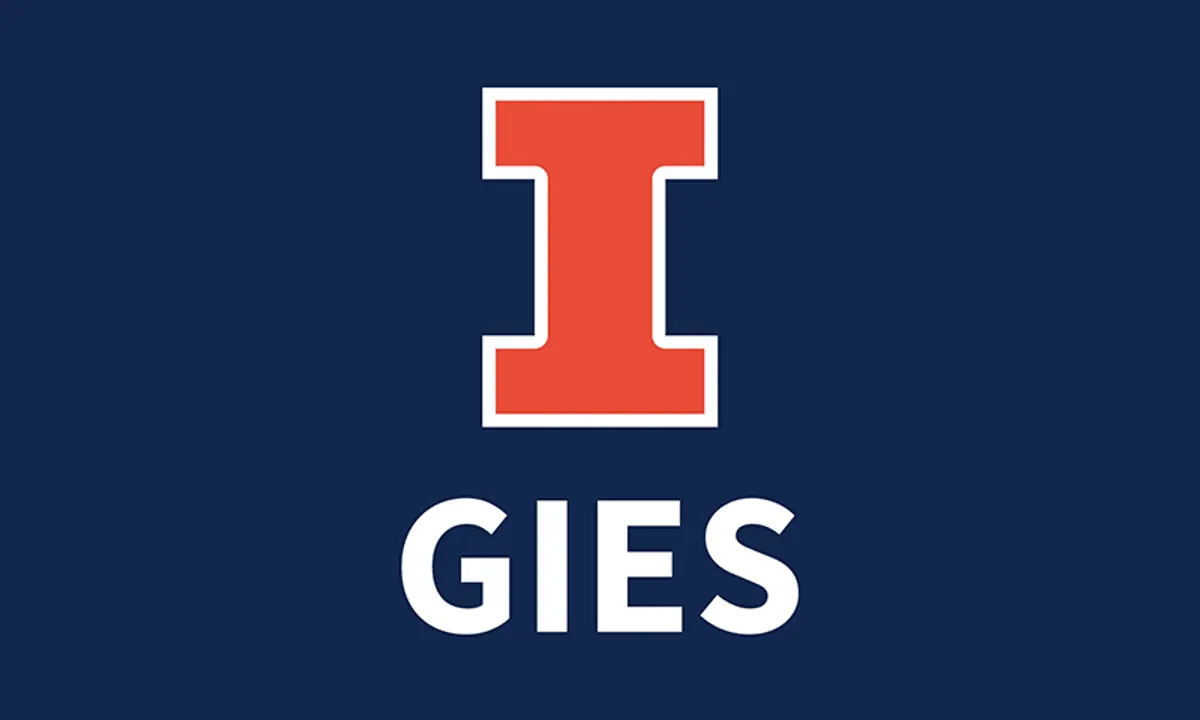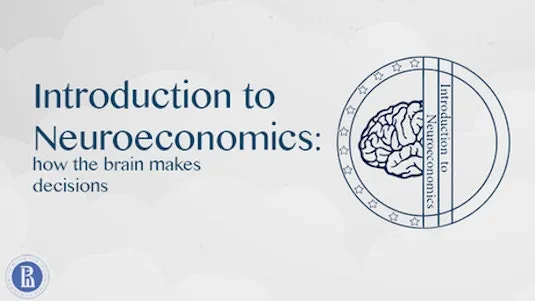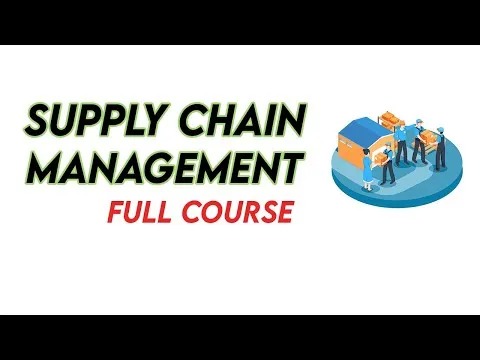
Managing Supply Chain Disruption During COVID-19 
This course provides an in-depth exploration of supply chain disruption, examining supply side and demand side issues, primary supply chain flows, complexity, risk management and more. Through real-world examples from manufacturing and health contexts, as well as the PPE supply chain disruption during COVID-19, participants will gain a comprehensive understanding of the structural, relational and operational factors that come into play during a supply chain disruption and the mechanisms for effective management. ▼
ADVERTISEMENT
Course Feature
![]() Cost:
Cost:
Free
![]() Provider:
Provider:
Coursera
![]() Certificate:
Certificate:
Paid Certification
![]() Language:
Language:
English
![]() Start Date:
Start Date:
24th Jul, 2023
Course Overview
❗The content presented here is sourced directly from Coursera platform. For comprehensive course details, including enrollment information, simply click on the 'Go to class' link on our website.
Updated in [March 06th, 2023]
This course provides an overview of managing supply chain disruption during COVID-19. Participants will learn about why and how supply chains become susceptible to a disruption, including supply side and demand side issues, primary supply chain flows, complexity, risk management and a combination of theoretical supply chain perspectives and current real-world stories. Examples from manufacturing and health contexts, and the PPE supply chain disruption during COVID-19 will be used to enhance understanding. Participants will gain an understanding of the structural, relational and operational factors that come into play during a supply chain disruption and the mechanisms for the effective management of these factors.
[Applications]
The application of this course can be seen in the development of strategies to manage supply chain disruption during COVID-19. Participants can use the knowledge gained to develop strategies to mitigate the risks associated with supply chain disruption, such as developing contingency plans, improving communication and collaboration between stakeholders, and leveraging technology to increase visibility and transparency. Additionally, participants can use the knowledge gained to develop strategies to improve the resilience of their supply chains, such as diversifying suppliers, improving forecasting and inventory management, and leveraging data analytics to identify potential risks.
[Career Paths]
1. Supply Chain Manager: Supply chain managers are responsible for overseeing and managing the entire supply chain process, from the procurement of raw materials to the delivery of finished products. They must ensure that the supply chain is efficient and cost-effective, while also meeting customer demands. In the current climate, supply chain managers must be able to anticipate and manage supply chain disruptions, such as those caused by the COVID-19 pandemic.
2. Logistics Manager: Logistics managers are responsible for the efficient flow of goods and services from the point of origin to the point of consumption. They must ensure that goods are delivered on time and in the right quantity, while also managing the cost of transportation. In the current climate, logistics managers must be able to anticipate and manage supply chain disruptions, such as those caused by the COVID-19 pandemic.
3. Risk Manager: Risk managers are responsible for identifying, assessing, and mitigating risks in the supply chain. They must be able to identify potential risks and develop strategies to mitigate them. In the current climate, risk managers must be able to anticipate and manage supply chain disruptions, such as those caused by the COVID-19 pandemic.
4. Data Analyst: Data analysts are responsible for analyzing data to identify trends and patterns in the supply chain. They must be able to interpret data and use it to make decisions and develop strategies. In the current climate, data analysts must be able to anticipate and manage supply chain disruptions, such as those caused by the COVID-19 pandemic.
[Education Paths]
1. Bachelor of Science in Supply Chain Management: This degree program provides students with the knowledge and skills to manage the entire supply chain process, from procurement and production to distribution and customer service. Students learn about the principles of supply chain management, logistics, inventory management, and operations management. They also gain an understanding of the latest technologies and trends in the field, such as artificial intelligence, blockchain, and the Internet of Things.
2. Master of Science in Logistics and Supply Chain Management: This degree program focuses on the strategic and operational aspects of supply chain management. Students learn about the principles of logistics, inventory management, and operations management. They also gain an understanding of the latest technologies and trends in the field, such as artificial intelligence, blockchain, and the Internet of Things. Additionally, they learn about the principles of supply chain risk management and how to effectively manage supply chain disruptions.
3. Master of Business Administration in Supply Chain Management: This degree program provides students with the knowledge and skills to manage the entire supply chain process, from procurement and production to distribution and customer service. Students learn about the principles of supply chain management, logistics, inventory management, and operations management. They also gain an understanding of the latest technologies and trends in the field, such as artificial intelligence, blockchain, and the Internet of Things. Additionally, they learn about the principles of supply chain risk management and how to effectively manage supply chain disruptions.
4. Doctor of Philosophy in Supply Chain Management: This degree program provides students with the knowledge and skills to manage the entire supply chain process, from procurement and production to distribution and customer service. Students learn about the principles of supply chain management, logistics, inventory management, and operations management. They also gain an understanding of the latest technologies and trends in the field, such as artificial intelligence, blockchain, and the Internet of Things. Additionally, they learn about the principles of supply chain risk management and how to effectively manage supply chain disruptions. They also gain an understanding of the latest research and development in the field, such as predictive analytics, machine learning, and big data.
Pros & Cons

Extremely useful

Well presented

Outstanding videos

Comprehensive framework

Clear and direct readings

Interactive mini simulations

Overedited performance

Boring

Not technically valuable

Late to the party
Course Provider

Provider Coursera's Stats at AZClass
Managing Supply Chain Disruption During COVID-19 provides an in-depth exploration of supply chain disruption, examining supply-side and demand-side issues, key supply chain processes, complexity, risk management, and more. Through real-world examples from manufacturing and health environments, as well as PPE supply chain disruptions during COVID-19, participants will gain a comprehensive understanding of the structural, relational and operational factors at play during supply chain disruptions and effective management mechanisms. Through examples from the manufacturing and health sectors, learners can gain a better understanding of how to effectively manage supply chain disruptions.
Discussion and Reviews
0.0 (Based on 0 reviews)
Explore Similar Online Courses

Introduction to Neuroeconomics: How the Brain Makes Decisions

UX Evaluation: User Testing

Python for Informatics: Exploring Information

Social Network Analysis

Introduction to Systematic Review and Meta-Analysis

The Analytics Edge

DCO042 - Python For Informatics

Causal Diagrams: Draw Your Assumptions Before Your Conclusions

Whole genome sequencing of bacterial genomes - tools and applications

MIT Free Supply Chain Management Courses

What Are Good Supply Chain Certifications?


Start your review of Managing Supply Chain Disruption During COVID-19